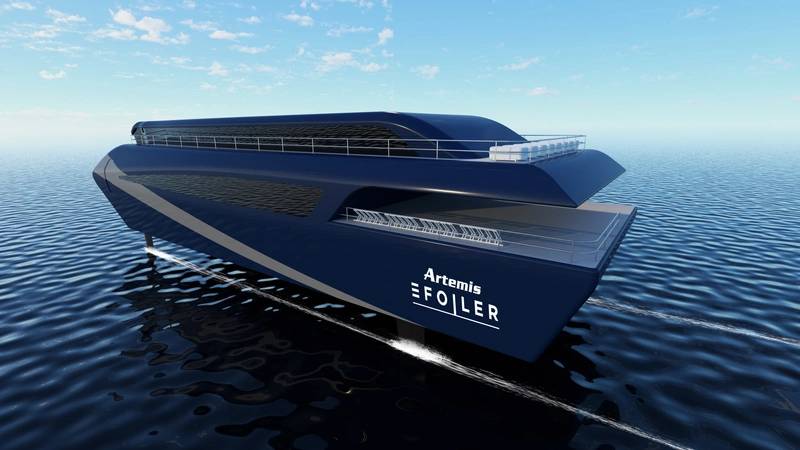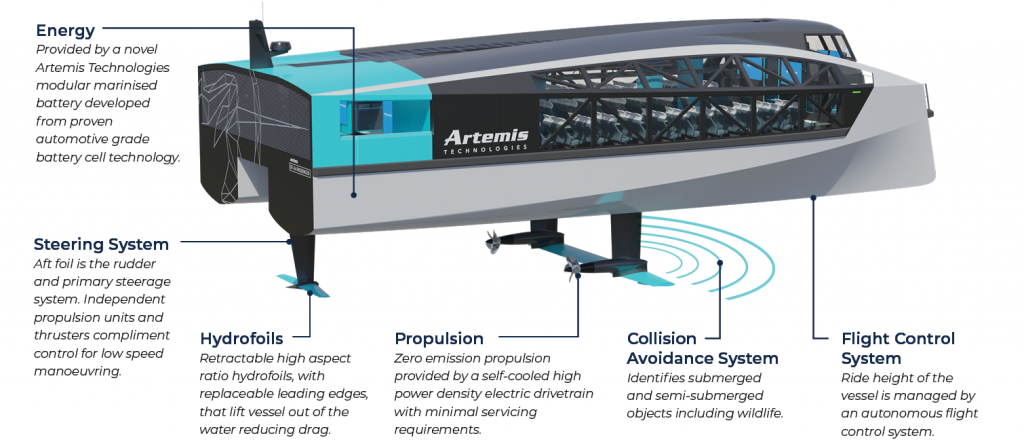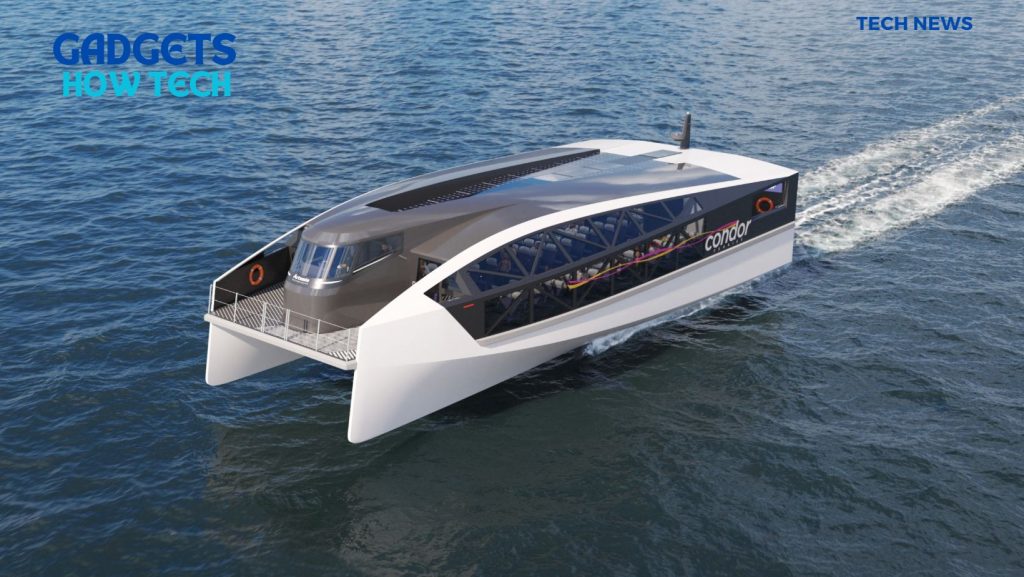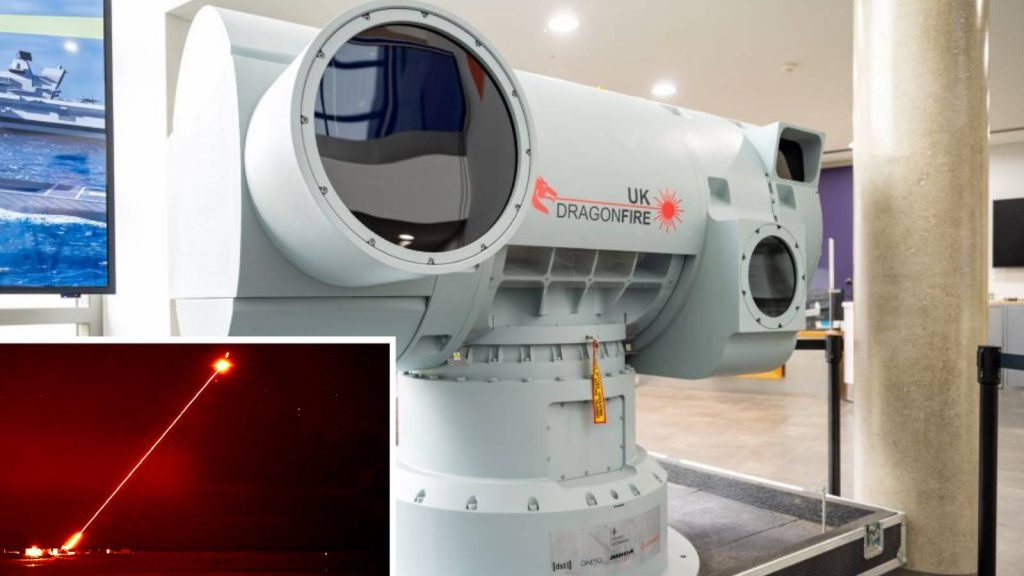The UK government has injected £60 million in funding to support innovative companies nationwide that are developing futuristic green technology in a bid to decarbonize the maritime sector.
This is the first time the government is providing financial assistance to promote the development of new clean maritime technology over a two-year period. The investment will benefit companies in twelve regions across the country, generating high-skill job opportunities and establishing the UK as a world leader in green solutions.

One such company that is developing state-of-the-art green technology for the maritime industry is Artemis Technologies. Inspired by the world of high-performance yacht racing, motorsports, and aerospace, Artemis is developing vessels that ‘fly’ above the water surface using advanced technologies. These vessels produce zero emissions when foiling, offering energy savings of up to 90%, which translates into significantly lower operating and maintenance costs.
With the newly acquired funding, Artemis Technologies is poised to take its innovative technology to the seas on a commercial scale, revolutionizing the maritime sector and paving the way for a cleaner and greener future.
John Napton, Condor’s CEO, said: ‘As an experienced, commercial operator, we are really pleased to see the progress made by the Artemis team in Belfast in developing this concept into an operational mode of transport.

The new design produces minimal wake, enabling high-speed 38 knots operations in busy waterways, these vessels will transform the global passenger ferry market.
Transport Secretary Mark Harper said:
“Our maritime sector imports 95% of goods into the UK and contributes £116 billion to our economy – more than both aviation and rail combined.
“With growing the economy one of the Government’s top priorities, we must continue our efforts to ensure the UK remains a pioneer in cutting-edge clean maritime solutions.
“The funding we’re awarding today will help to do just that, bringing emission-free concepts to life and fuelling innovation.”
The £60 million funding for innovative companies across twelve regions in the country, comes from the third round of the Clean Maritime Demonstration Competition (CMDC3). The aim of the competition is to promote the development of a range of clean maritime technologies such as hydrogen, ammonia, electric and wind power.
Over a two-year period, the selected companies will be required to demonstrate the real-world potential of their projects, accelerating their progress towards becoming a practical reality. The competition aims to position the UK as a global leader in green solutions and generate high-skill job opportunities across the country.
This funding will aid companies in the development of new clean maritime technologies and support a cleaner and more sustainable future for the maritime industry. With a focus on cutting-edge technology such as hydrogen and electric power, the competition will drive innovation and promote the use of alternative energy sources in the sector.
Other winners include
a project led by Collins River Enterprises Limited to build and test a brand new fully electric ferry on the River Thames between Canary Wharf and Rotherhithe, building on research funded through the first round of the CMDC.
Another project led by AceOn Battery Solar Technology Ltd will develop hydrogen-powered vessels to transfer crew to wind farms off the northeast coast of England from the Port of Blyth.
WingTek are also receiving CMDC3 funding to develop and demonstrate two full-sized prototypes of wind-assisted ships with high tech sails, which will reduce the amount of fuel used by the vessels as well as the emissions they produce.








You must be logged in to post a comment.